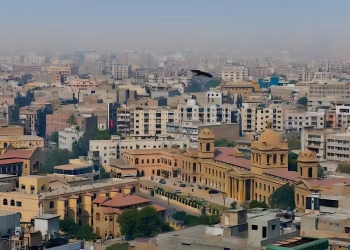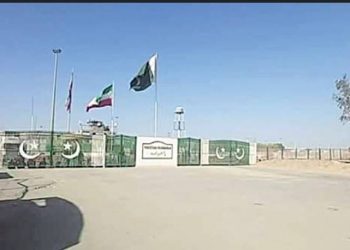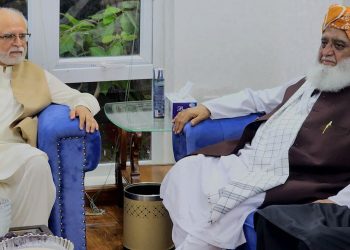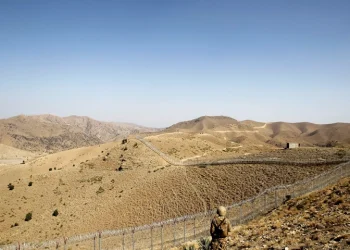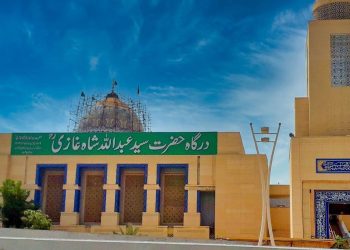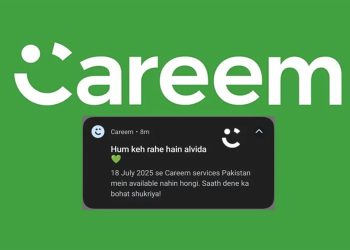DUBAI: Dubai has no current plans to allow gaming as a neighbouring emirate gear up to welcome a resort to be built by a US casino operator and plans to license the activity – a first for the region.
An announcement in January by Ras Al Khaimah, one of the United Arab Emirates’ seven emirates, that it would regulate gaming ahead of the arrival of Las Vegas casino giant Wynn Resorts in 2026, has revived speculation that gambling could be allowed in Dubai, where a Caesars Palace opened in 2018.
“As far as I’m concerned, there is no gaming that’s coming around the corner for us,” senior tourism official Issam Kazim told a news agency.
Dubai is the only one of US giant Caesars Entertainment’s resorts globally without a casino and a luxury resort by Las Vegas gambling stalwart MGM Resorts International is being built on an artificial island 10 km away.
The Gulf region has traditionally imposed stricter Islamic rules than other parts of the Middle East and gambling has long been off-limits. Dubai would be the real prize for casino operators and global casino bosses are setting their sights on a once improbable prize: gambling in the UAE.
According to reports, gambling in some form would be permitted in the UAE, but it would be up to each emirate to decide whether and how to regulate it, similar to how Sharjah prohibits alcohol sales unlike other emirates.
Other global casino and hotel brands which have moved into the UAE could benefit should RAK pave the way for other emirates to follow – with many eyes on the bigger and glitzier jackpot of Dubai.
Last month, Caesars’ regional president Anthony Costa confirmed that the company would examine any opportunity to offer gambling in Dubai. “That acceptance now that there is going to be the potential of gaming in the UAE, in whatever form it’s going to be, allows people like Caesar’s and MGM as well to look at that closely,” said Costa. “I think it’s wonderful.”
“Like anybody, if a license is able to be bid for, any global gaming company is going to want to be actively involved in the conversation,” he added. When asked whether it would consider introducing gaming at the resort, MGM said “gaming has not been part of the planning and there are no updates to our plans”.
A year ago Dubai denied rumours circulating on social media and among the business community that several hospitality venues had been granted gambling licences.
In the past 18 months, the UAE has made legal changes, including decriminalizing alcohol use and situations in which unmarried people live together.
The country has also found ways to offer some potentially lucrative games of chance. For example, in 2020 a national “Loto” was launched. Players purchased a “collectable” picture of an iconic UAE scene, such as the Burj al Arab hotel, for 35 dirhams and were entered into a draw. The game was deemed Sharia compliant by virtue of there being an “exchange of value” in the purchase of the collectable or bottle.
Horse racing fans at some UAE racecourses can also enter for free a ‘pick six’ competition across a number of races for the chance to win 40,000 dirhams. RAK’s gaming regulations are being shaped by those of Singapore and the United States.
The UAE appears unlikely to develop resorts that rely primarily on gaming revenues, or foreground gaming, with slots and tables forming part of a wide entertainment offering.










